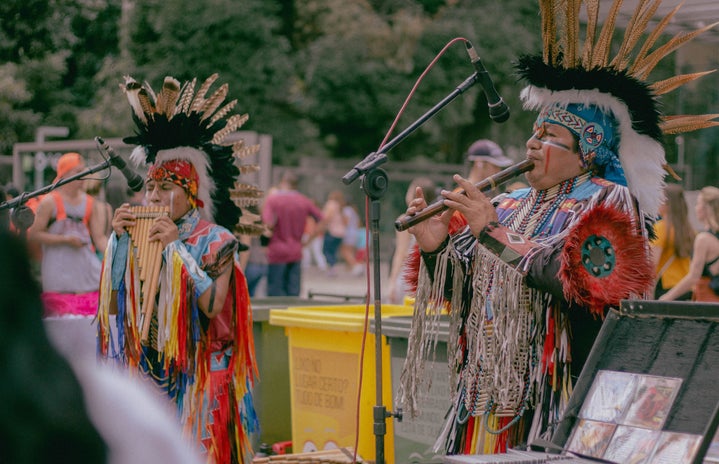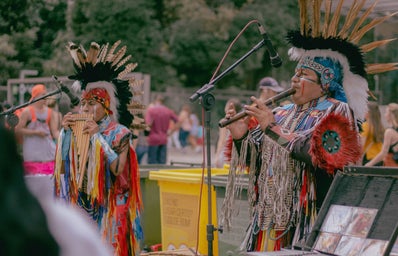In 2007, the United Nations voted in favor of the Declaration on the Rights of Indigenous Peoples (UNDRIP); however, Australia, Canada, New Zealand, and the United States rejected the proposal, forming the CANZUS states. Consequently, the Indigenous Peoples of the CANZUS states continue to be deprived of equal rights, opportunities, and sustainable life.
One of the major outcomes of this for Canada is the overrepresentation of incarcerated Indigenous People. To put this into perspective, Indigenous communities represent approximately 4% of Canada’s population, but they represent 37% of the prison population. The failure to provide adequate recognition for Indigenous rights has led to discrimination, framed stereotypes, lack of education, healthcare, and other services that the rest of Canadians receive.
How Does This Land So Many Indigenous People in Prison?
Just like previously mentioned, Indigenous people are imprisoned for acts that relate to poverty, lack of educational and employment opportunities, substance abuse, mental health concerns, and their pre-historic reputation of sexual abuse and violence.
As a result of colonialism, Indigenous people were taken from their lands and were dispersed across the state. Not only were they separated from their families, but they had nothing of their own. They are dependent on the state, but the state does not provide them with what they need to have a sustainable life.
Not having the means to live can result in mental health disorders such as depression, which can cause individuals to rely on substances. With time, this unfortunate disadvantage leads to an addiction; when addicts are caught, they are imprisoned.
One of the reasons for lower employment opportunities for Indigenous people is that their reserves are placed in remote areas that lack educational institutions. This prevents them from having the proper means to be considered for a job, such as a high school diploma, a college certificate, or a university degree.. A second reason for their lower employment rate is racial discrimination. There are Indigenous people who do not live on reserves, or who may live closer to urban areas and have an educational background, but due to racial discrimination, they are still refused employment. Without a job, they are fully dependent on the state and, unfortunately, they live in extreme poverty.
Living in poverty and not having much support from your state would cause anyone to be angry; these emotions lead some Indigenous people to act violently. Of course this is not every Indigenous person, there are greater numbers of non-Indigenous people who act violently and have a substance abuse problem. Yet, there are more incarcerated Indigenous people. How is this percentage possible if the Indigenous population is so much lower?
Why are there so many more Incarcerated Indigenous People than there are Incarcerated Non-Indigenous People?
The reason for this is one that the Canadian government is ashamed to admit. Once an Indigenous person is imprisoned for an act that he or she committed, they are more likely to be denied bail—this results in longer periods of pre-trial detention or remand. But why? The reason remains consistent: racial discrimination.
Canada’s failure to sign on to UNDRIP when it was first enacted has led to the multiple unjust treatments that Indigenous people face today. They are not fully recognized as equals to the rest of the state, nor are they given equal opportunities.
The Canadian state must change its ways to be fair, otherwise the numbers will only continue to get worse.
Sources:
https://www.ictinc.ca/blog/8-basic-barriers-to-indigenous-employment
https://www150.statcan.gc.ca/n1/daily-quotidien/181126/dq181126a-eng.htm
https://academic.oup.com/ejil/article/26/2/345/422996


